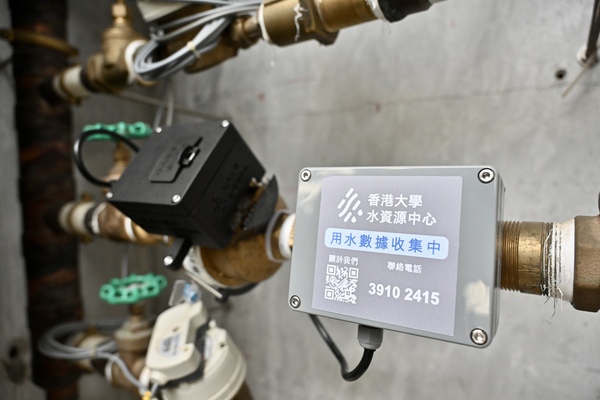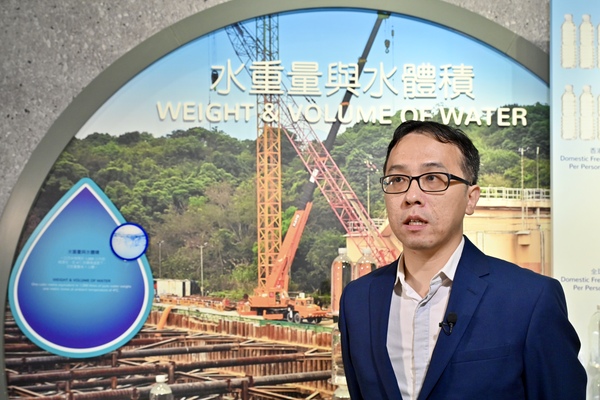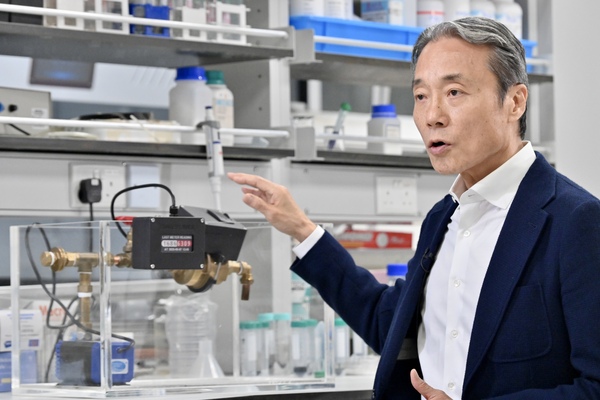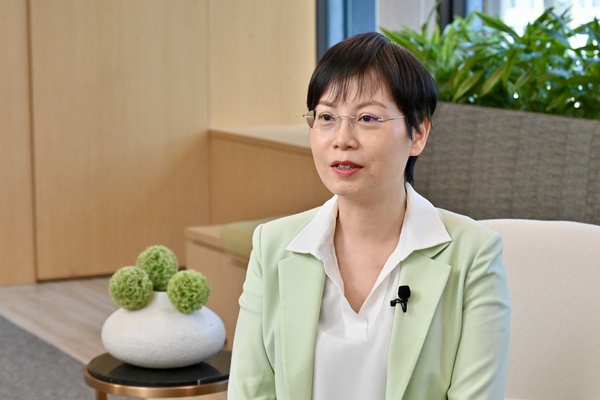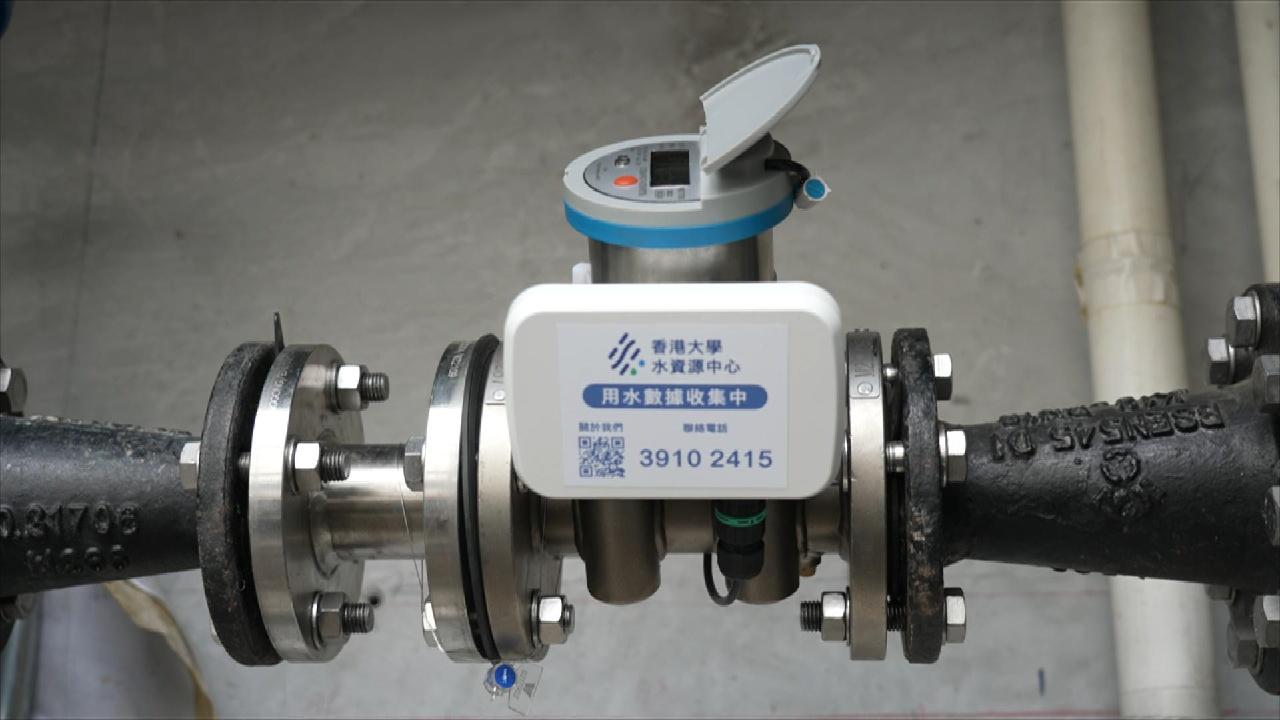Smart devices slash water waste
With the launch of the Water Smart Taskforce Programme, the Water Supplies Department (WSD) is on track this year to save a large amount of precious water with the use of smart meter readers and data analytics.
The department knows that water is an integral part of our daily lives given that each Hong Kong resident currently consumes an average of about 130 litres of water per day.
Detecting waste
In order to strengthen the promotion of water conservation, the WSD has commissioned the Centre for Water Technology & Policy at the University of Hong Kong to carry out the programme, from February this year until early next year.
The department is inviting about 1,000 domestic and non-domestic customers of high water consumption in phases to join the programme that enables a taskforce to conduct detailed “water-usage check-ups” for such customers, helping them to understand their water consumption habits.
According to department’s big data analytics, about 1% of domestic customers account for over 15% of the city’s total domestic water consumption.
WSD Senior Engineer (Water Conservation) Peter Fung explained how the programme detects such water wastage.
“To analyse the causes for high consumption, the taskforce uses a smart water meter reader with high precision and artificial intelligence (AI)-powered technologies to analyse customers’ water usage data. For example, the taskforce can identify whether domestic water usage is mainly for cooking, laundry or showering, and compare these findings with the averages of other households.”
He highlighted that the programme will help customers understand their water usage habits or even identify potential leaks, enabling them to take early and appropriate actions to reduce their water bills. The programme aims to reduce water usage by 500,000 cubic metres this year, which is equivalent to 200 Olympic-sized swimming pools.
Precision diagnostics
Customers participating in the programme will engage in an eight-week water conservation campaign. The taskforce will install smart water meter readers on the existing meters, without requiring any pipe modifications or affecting the water supply. The data will then be transmitted to the University of Hong Kong (HKU) for AI-driven analysis, detecting abnormalities and potential leaks.
HKU’s Centre for Water Technology & Policy Executive Director Fredrick Lee shared more information on how the programme works.
“In the third week of the water conservation campaign, we will make use of AI technologies to analyse the water usage data that we have collected by the smart water meter readers, and should we determine any abnormalities in the water usage pattern, we will make use of an algorithm developed in-house to look into the root causes and problems. We will give midterm reports with personalised water-saving advice to the programme participants and they can then change their water usage behaviour accordingly.”
By the end of the eight-week programme, final reports will be provided to the participants, from that they can understand clearly how their water conservation efforts are taking effect.
Mr Lee emphasised that among the first batch of the programme participants in the domestic sector, more than 80% of them were able to reduce their water consumption.
Corporate participation
A company with three hotels, which consistently experiences high water consumption, has been invited to participate in the programme. The head of the company’s sustainability department believes the programme can help them to gain a more comprehensive understanding of their hotels’ water consumption patterns and distribution.
Property & Hotel Group Sustainability Department General Manager Amie Lai described their experience as a win-win once they put the programme to the test.
“The smart water meter readers continuously monitor the water consumption in the hotels, providing granular data for analysis and visualisation on the cloud platform. The system facilitates improvements and allows our colleagues to implement specific and effective actions promptly.”
She added that the programme empowers their hotels to uncover water-saving opportunities, slash utility costs and enhance sustainable water management, thereby advancing their sustainability goals.
